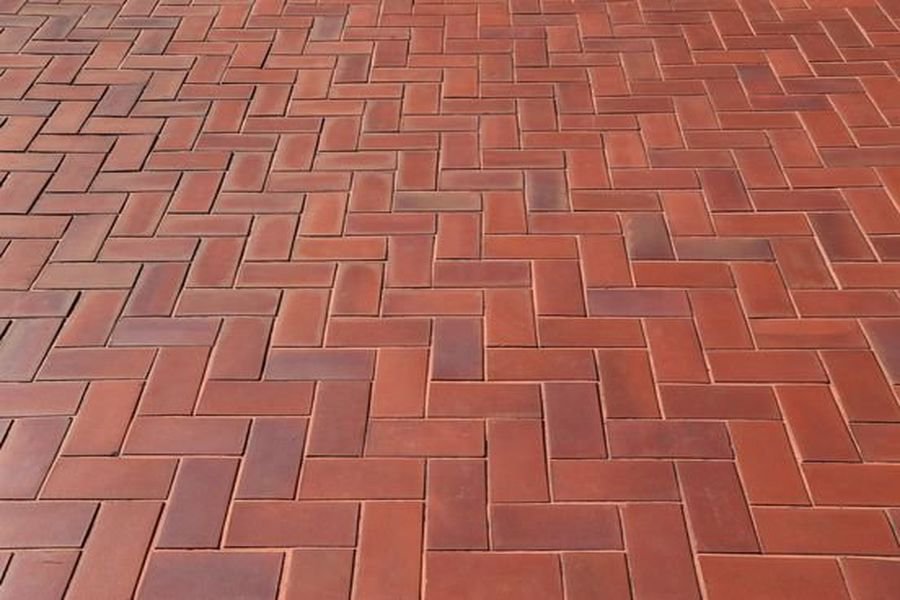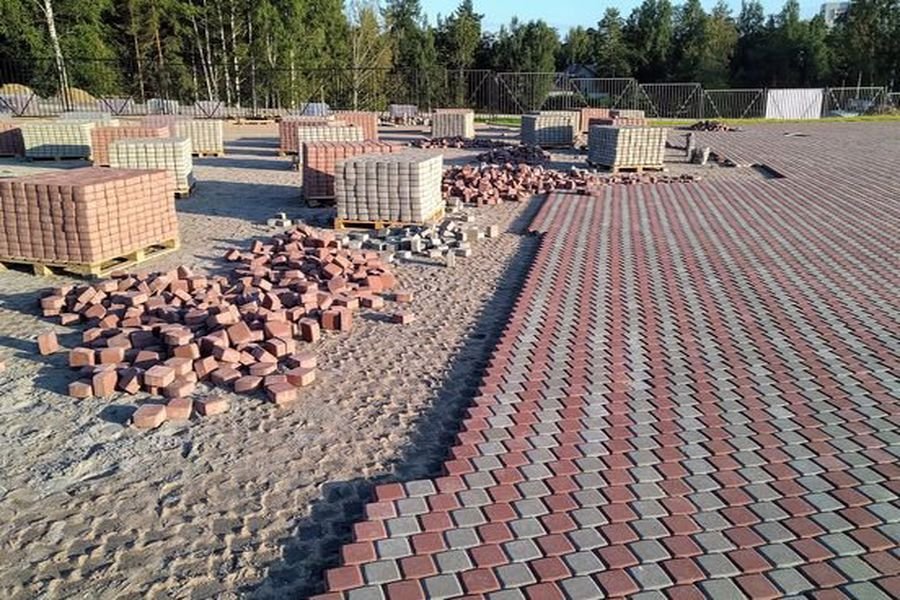How Long Do Sealing Pavers Last?
Pavers are a popular choice for outdoor spaces because of their durability and aesthetic appeal. However, over time, pavers can become cracked, chipped, or stained. Sealing pavers is one way to help protect them and extend their lifespan. The question many people have is, how long does sealing pavers last?
How Long Do Sealing Pavers Last?
A well-sealed paver can last for three to five years. However, the lifespan of a sealed paver will depend on a number of factors, such as the type of paver sealer used, the weather conditions in your area, and how often the pavers are used.
Sealing pavers can be a great way to protect your investment and keep your outdoor space looking its best. With proper care and maintenance, sealed pavers can last for many years and provide you with years of enjoyment.
If you are considering sealing your pavers, be sure to do some research on the different types of sealers available and choose one that is right for your needs. You will also want to make sure that you follow the instructions carefully when applying the sealer.
What Are Some Common Types of Paver Sealers?
There are types of paver sealers that homeowners often use. Here are two of the most popular types you will find in your local store:
Film-Forming
This type of sealer will form a protective layer on the surface of the pavers. It can help prevent stains and fading, and it will also make the pavers easier to clean.
This type of sealer will need to be reapplied more often than other types of sealers since it will wear down over time. Examples of film-forming sealers include acrylic, epoxy, and urethane.
Non-Film-Forming
This type of sealer will penetrate the surface of the pavers and provide long-lasting protection. It is a good choice for areas that see a lot of traffic since it is more durable than film-forming sealers.
Many homeowners prefer these sealers because they do not change the appearance of the pavers. However, they can be more difficult to apply and may require more than one coat. Examples of non-film-forming sealers include silicone, silane, and solvent-based acrylics.
How Does Pavers Sealer Work?
Paver sealer works by creating a barrier on the surface of the pavers. This barrier can help protect the pavers from stains, fading, and wear. Sealers can also make the pavers easier to clean and maintain.
When choosing a paver sealer, it is important to select one that is compatible with the type of pavers you have. If you are unfamiliar with paver sealers, it is a good idea to consult with professionals like Aviara Pavers who follow ICPI standards and have certifications for installing driveway, patio, and pool applications as well as for natural stone.
How to Apply Paver Sealer Effectively
Applying paver sealer will vary depending on the type of sealer you use. However, there are some general tips that you can follow to ensure proper application:
Make sure the pavers are clean and dry before beginning. Any dirt, dust, or debris on the surface of the pavers will prevent the sealer from adhering properly.
Apply the sealer in small sections to avoid puddles.
Follow the manufacturer's instructions carefully.
Allow the sealer to dry completely before using the area.
Reapply the sealer as needed to maintain protection.
What Are Some Tips for Maintaining Pavers?
In addition to sealing pavers, there are some other steps you can take to maintain their condition and extend their lifespan:
Clean the pavers regularly. Use a brush or hose to remove stain, dust, and debris from the surface of the pavers.
Avoid using harsh chemicals or cleaners. These can damage the pavers and strip away the sealer.
Fill in any cracks or chips as soon as they occur. This will prevent further damage and keep the pavers looking their best.
Avoid walking on the pavers when they are wet. Wet pavers are more likely to crack or chip.
Avoid heavy traffic. If possible, direct traffic around the area to prevent damage. Some vehicles are overloaded and can cause damage to the pavers.
Factors That Affect Your Paver Seal
If you apply the sealer properly, you might not need to restore your pavers for years, as it can last for a long time. However, the lifespan of the sealer will depend on a number of factors, such as the type of sealer used and the weather conditions in your area. be sure to check the condition of the sealer regularly and reapply as needed to maintain protection.
Type of Sealer Used
The type of sealer plays a big role in how long it will last. For example, film-forming sealers will need to be reapplied more often than non-film-forming sealers.
Weather Conditions
The weather conditions in your area can also affect the lifespan of your paver seal. For example, if you live in an area with a lot of sun exposure, the sealer will likely fade and need to be reapplied more often.
Type of Paver
The type of paver also affects how long the sealer will last. For example, concrete pavers are more porous than brick pavers. As a result, they will absorb the sealer more quickly and need to be resealed more often.
Application
Proper application is essential for getting the most out of your paver seal. You need to make sure the pavers are clean and dry before applying the sealer. Do try to avoid laying pavers in extreme weather conditions, like rain as it might affect the quality of your installation.
As it’s also important that you double-check if your sealed pavers will be slippery. You should also apply the sealer in small sections to avoid puddles.
Related Questions
Is It a Good Idea to Seal Pavers?
Yes, it is a good idea to seal pavers. Sealers can help protect the pavers from stains, fading, and wear. They can also make the pavers easier to clean and maintain.
What Happens if You Seal Wet Pavers?
If you seal wet pavers, the sealer will not adhere properly and will not provide the desired level of protection. The sealant will also start becoming blotchy and uneven.
Conclusion
Sealing pavers is a good way to protect them from stains, fading, and wear. It can also make the pavers easier to clean and maintain. Getting the correct sealer and applying it properly is essential for getting the most out of your paver seal.


